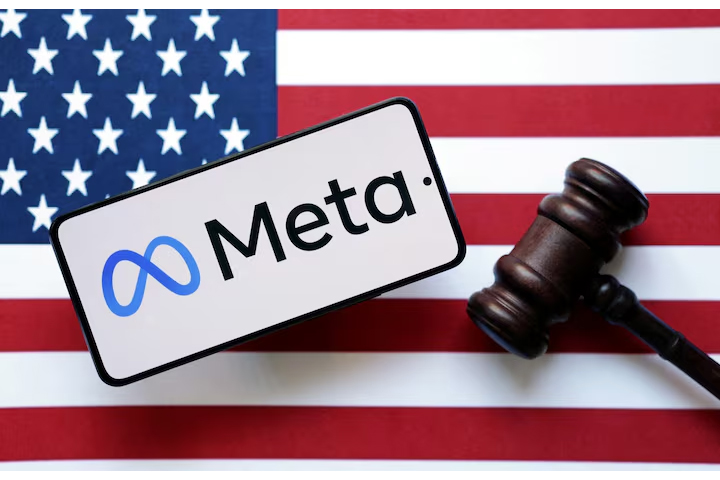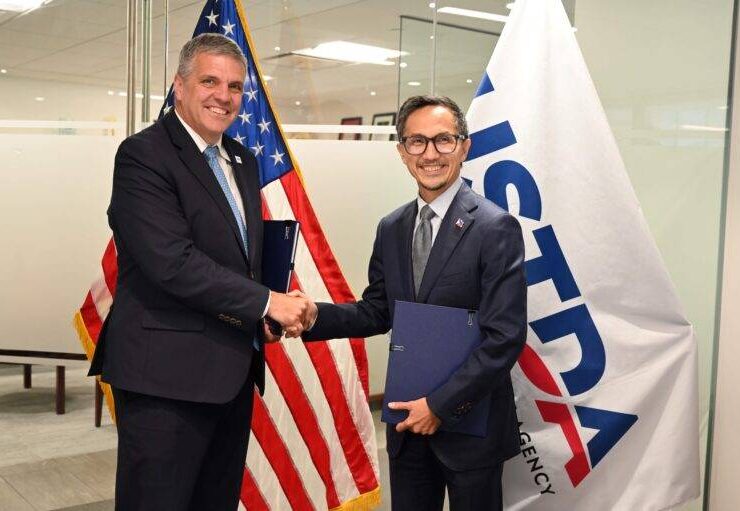Meta must face lawsuit claiming it prefers cheaper foreign workers

A federal judge on Tuesday said Meta Platforms must face a lawsuit claiming that the Facebook and Instagram parent prefers to hire foreign workers because it can pay them less than American workers.
US Magistrate Judge Laurel Beeler in San Francisco said three US citizens who accused Meta of refusing to hire them though they were qualified may pursue a proposed class action.
The plaintiffs — information technology worker Purushothaman Rajaram and software engineer Ekta Bhatia, both naturalized US citizens, and data scientist Qun Wang — said they each applied for several Meta jobs between 2020 and 2024, but were turned down because of Meta’s “systematic preference” for visa holders.
Meta, in a statement, said the allegations were baseless and it would continue to vigorously defend itself against them.
In seeking a dismissal, the Menlo Park, California-based company said there was no proof it intended to discriminate, or would have hired the plaintiffs if they were not US citizens.
But the judge cited statistics that 15 percent of Meta’s US workforce holds H-1B visas, which typically go to foreign professionals, compared with 0.5 percent of the overall workforce.
She also cited Meta’s October 2021 agreement to pay up to $14.25 million, including a civil fine, to settle federal government claims it routinely refused to consider American workers for jobs it reserved for temporary visa holders.
”These allegations support the plaintiffs’ overall complaint that they were not hired because Meta favors H-1B visa holders,” Beeler wrote.
Gov’t also filed suit
The government had sued Meta in December 2020, seven weeks before President Donald Trump ended his first White House term.
“We are hopeful that the lawsuit will help remedy the favoritism towards visa workers that is common in the tech industry,” Daniel Low, a lawyer for the three plaintiffs, said in an email. “Fully addressing the issue will require additional enforcement or legislative reform.”
Beeler had dismissed an earlier version of the lawsuit, which named only Rajaram as a plaintiff, in November 2022.
A divided federal appeals court revived the case last June, saying a Civil War-era law barring discrimination in contracts based on “alienage” protected U.S. citizens from bias.
Many conservative groups have cited that law, Section 1981 of the Civil Rights Act of 1866, in challenging diversity initiatives in the workplace, which Trump also opposes.
Reuters, the news and media division of Thomson Reuters, is the world’s largest multimedia news provider, reaching billions of people worldwide every day. Reuters provides business, financial, national and international news to professionals via desktop terminals, the world's media organizations, industry events and directly to consumers.





















